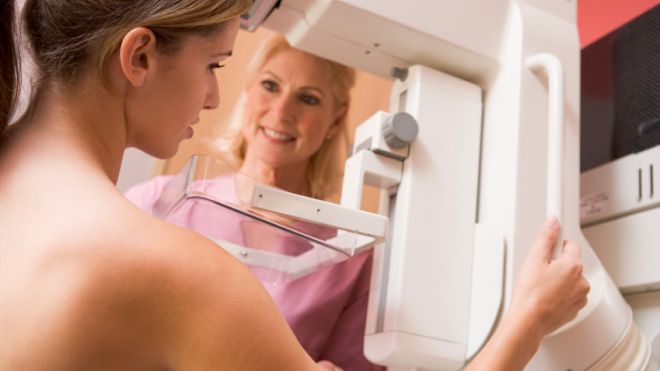The secret to weight loss may be much simpler than anyone ever imagined – so simple, in fact, you may wonder why it hasn’t been thought of before? A study completed by Mayo Clinic researchers has discovered that money is the most effective motivator when it comes to weight loss. When conducting a comparison between study groups, one group was incentivized, the other was not. The results were overwhelming, with 62 percent of study participants from the incentivized group completing the study, compared to only 26 of the non-incentivized group. And, the incentivized group lost an average of 9.08 pounds versus 2.34 pounds in the other group. Financial incentives for weight loss began to gain popularity in January, as New Year’s resolutions to finally drop excess pounds began to dominate water cooler chatter in offices across the nation. A number of websites and wellness firms now offer individuals, as well as teams, the ability to place bets on their weight loss efforts, and some even offer additional tools to help you succeed. According to a report by the National Business Group on Health, teaming up with co-workers to whittle your middle is an effective way to lose weight.  The media lit up in the wake of New Year’s resolutions to discuss the increases in employer-incentivized weight loss competitions. Wellness consultant groups and websites, like DietBet.com and Healthywage.com, have helped tens of thousands of employees shed as much as 5 percent of their body weight in just three months – enough to make a significant  difference in certain health risk factors. The effectiveness of the program is in line with the Mayo Clinic study: money talks when it comes to weight loss. And inside the office, the team mentality only enhances success. Independent wellness firms work with employers to establish teams within the office and offer a grand prize (as much as $10,000 cash) for the winning team and smaller prizes for milestones along the way, as well as runner-up rewards. In an interview, an employee of a participating company told The Wall Street Journal that staying on track was easier because he feared letting down his team in the pursuit of $10,000. A fellow teammate responded, agreeing, “The last thing you want to do is catch the wrath of your team.” Independent firms offer complete programs, including private weigh-ins. Employees may participate on a voluntary basis and a small fee is often required, but the rewards – even if you don’t win the grand prize – often outweigh the fee. There is speculation, as with most diets, about maintaining your weight loss after the allure of the money has long passed. However, studies have shown that in team weight loss “competitions” like these, many times teammates continue to help each other stay on track. Physician-supervised weight loss is also a healthy way to not only achieve weight loss results for contests like these, but to ensure you maintain it. Your doctor can be a vital part of your weight management team and help you uncover strategies that will lead to long term weight loss success – long after you have pocketed your weight loss earnings. Click to learn more about the Mayo Clinic study. Dr. Jennifer Landa is Chief Medical Officer of BodyLogicMD, the nation's largest franchise of physicians specializing in bioidentical hormone therapy. Dr. Jen spent 10 years as a traditional OB-GYN, and then became board-certified in regenerative medicine, with an emphasis on bio-identical hormones, preventative medicine and nutrition. She is the author of “The Sex Drive Solution for Women.” & Learn more about her programs at www.jenlandamd.com.& source : http://www.foxnews.com/health/2013/05/27/money-talks-when-it-comes-to-weight-loss/
